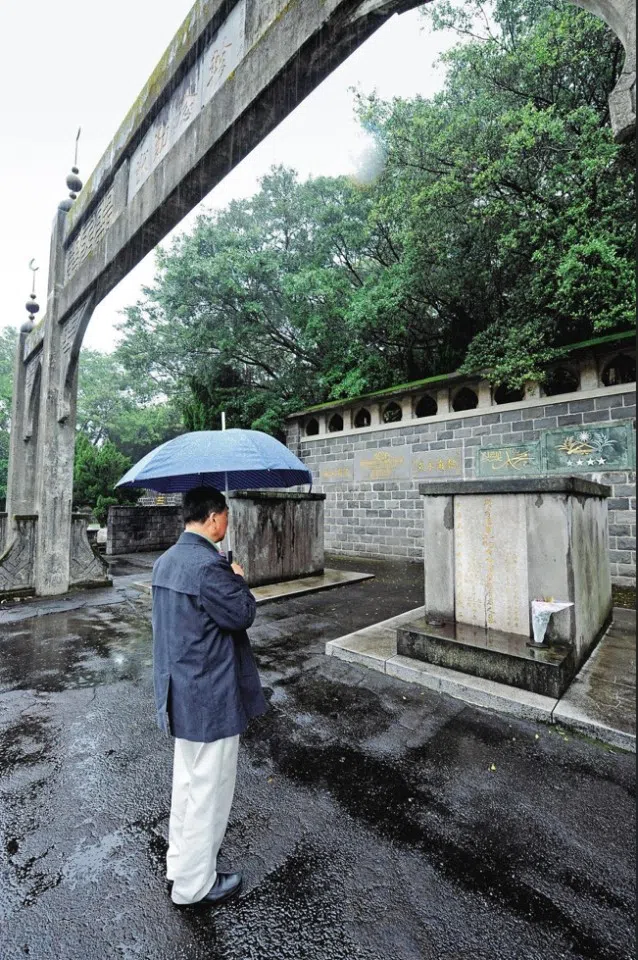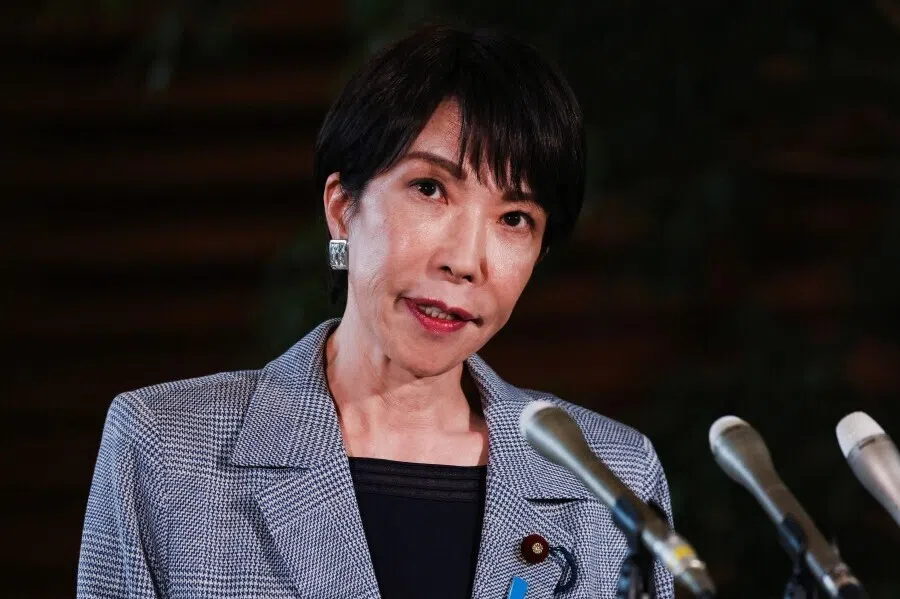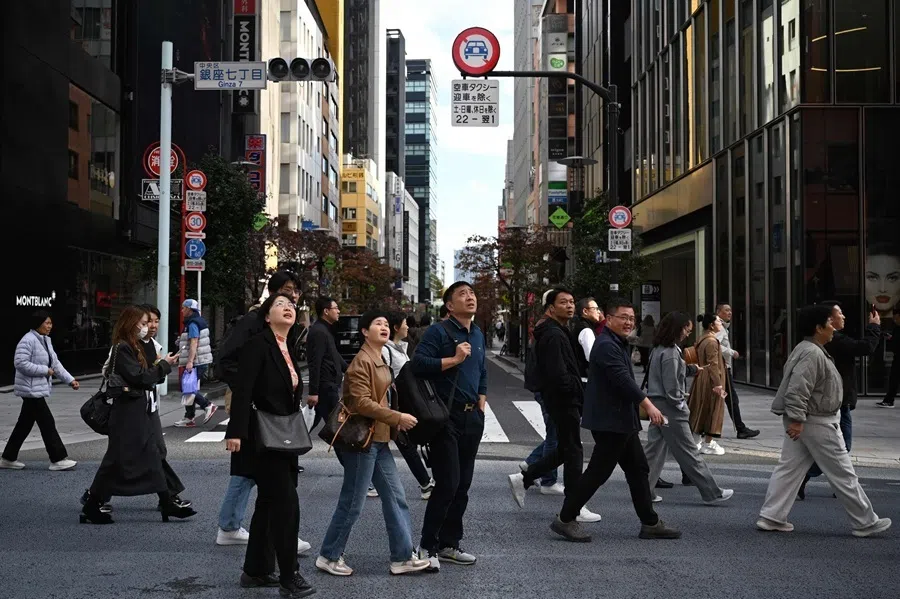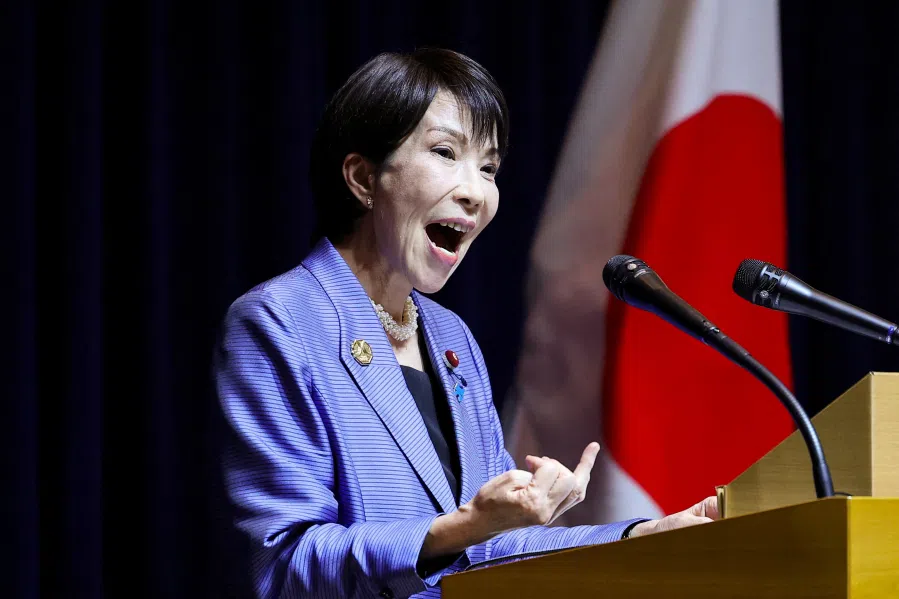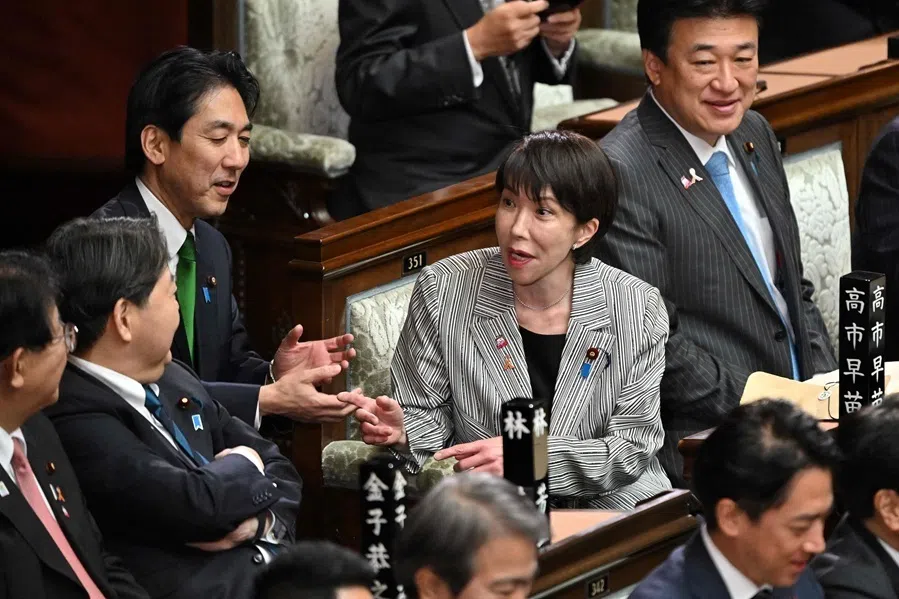General Bai Chongxi: A father and his children [Photo story]
General Bai Chongxi was a war hero in the war against Japan, who taught his children to love their country and their roots. His fifth child Bai Xianyong would grow up to be a well-known writer, while eldest son Bai Xiandao would inherit his father's looks - and a photo album, later acquired by photograph collector Zou Dehuai, who shares some of the images within.
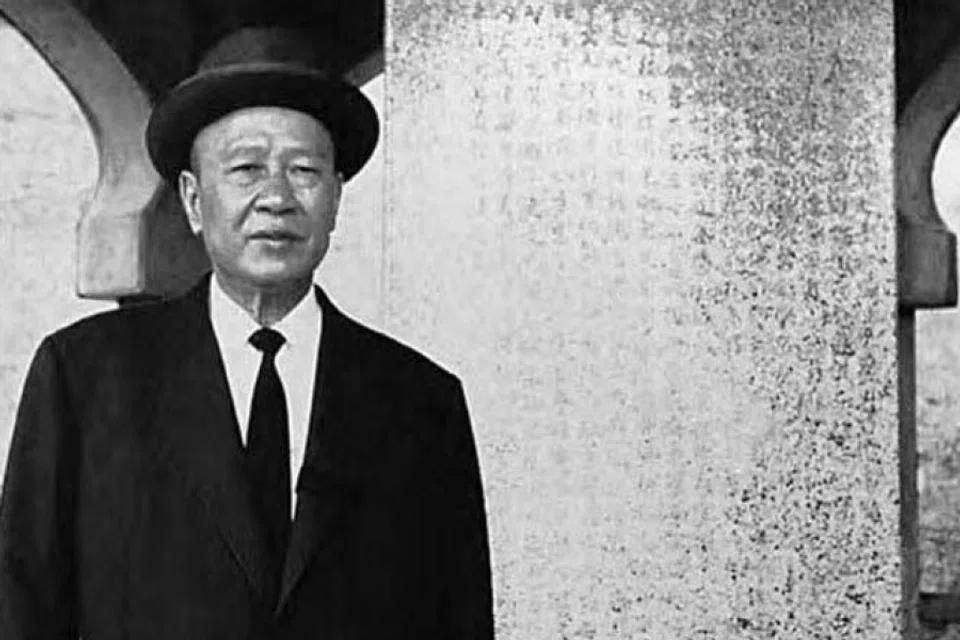
(All photos copyright Zou Dehuai.)
Four years ago, I got a friend to buy a valuable photo album for me from Taiwan. It's one of my most cherished collections in terms of content and price.
This is the story of a father and his children.
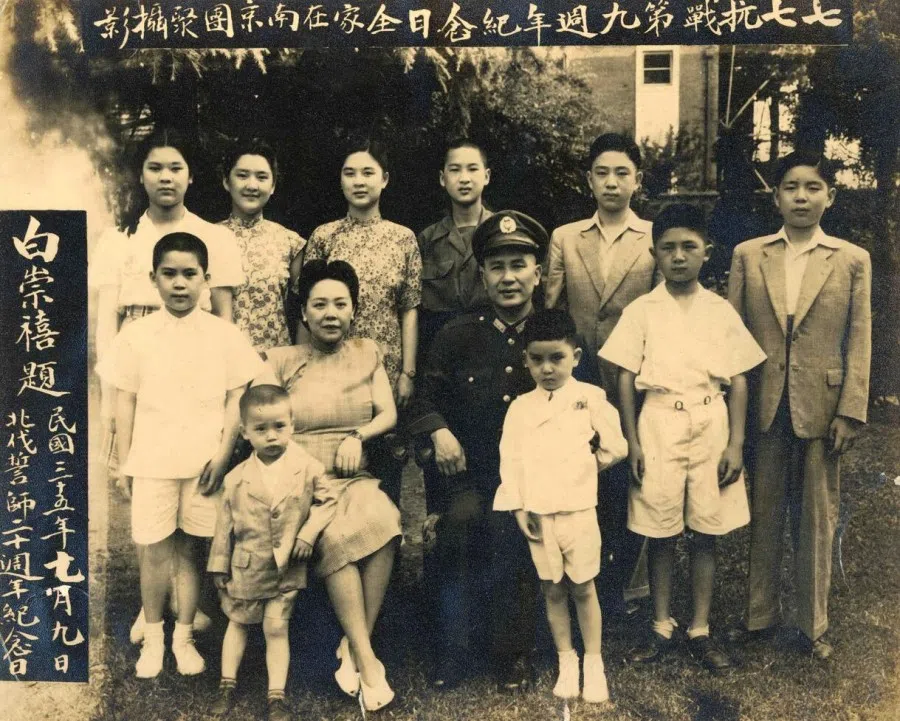
The man in military uniform seated in the centre of this photo is Bai Chongxi. Beside him is his wife Ma Peizhang, from a prestigious family in Guangxi. The boy in white on the left is his fifth child, who would grow up to be the famous writer Bai Xianyong (Pai Hsien-yung), whose opus Taipei People ranked seventh among the top 100 Chinese novels of the 20th century selected by Yazhou Zhoukan (Asia Weekly), the highest rank among living writers.
The slightly older child behind Bai Chongxi is the owner of the album, Bai Xiandao. As the eldest son of his father's ten children, he inherited this important private photo album, where our story begins.
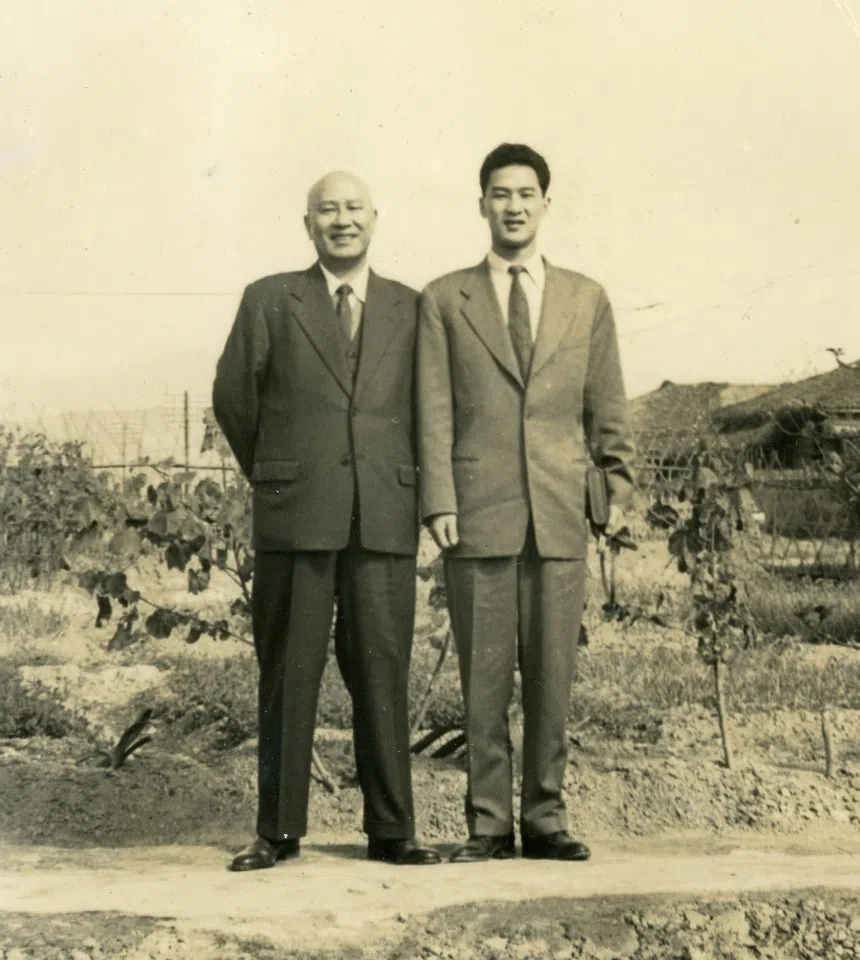
A military man and a family man
On 28 June 1928, at the age of 36, Bai Chongxi led his troops in the Northern Expedition and marched straight into Beiping (now Beijing). This was the first and highest peak of his military career.
In 1930, while Bai Chongxi was away at war, he was seldom with his family. In Nanning, he had a child with a woman surnamed Wang and named him Bai Xiandao. Ma Peizhang was a noblewoman with a sense of propriety - she claimed the baby was hers, quietly gave Wang a sum of money as severance, and raised the boy as her own.
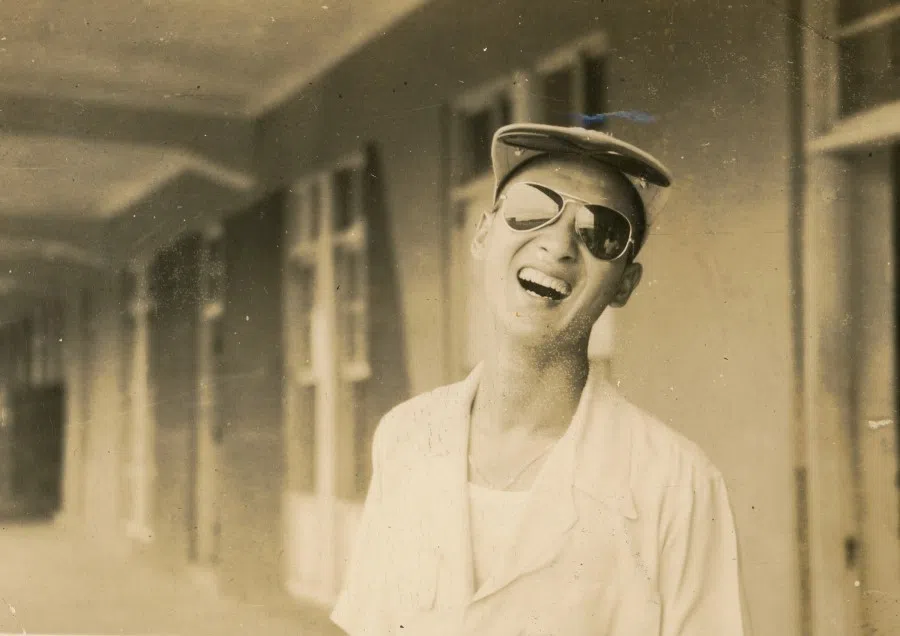
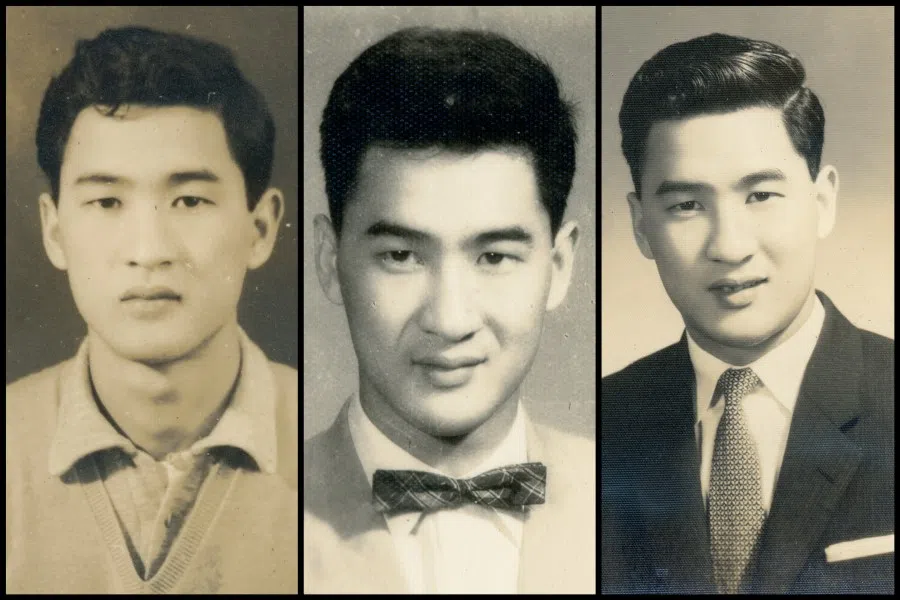
Over time, Bai Xiandao grew to resemble a young Bai Chongxi in terms of looks and physique.
Bai Chongxi was always a top student, placing sixth among thousands during the second phase of application exams to the Guangxi Army Elementary School. He had his own ideas about education and was a strict parent, testing them on the nine times table even during mealtimes - decades later, eldest daughter Bai Xianzhi still had nightmares of her father saying: "Seven times nine."
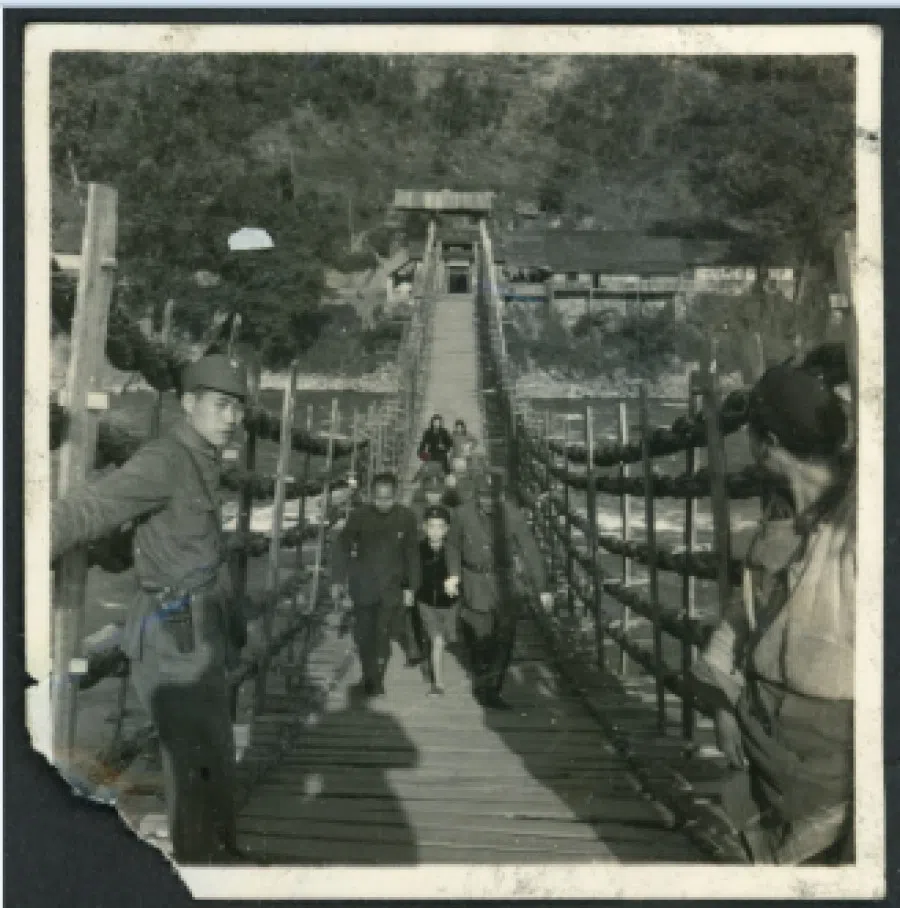
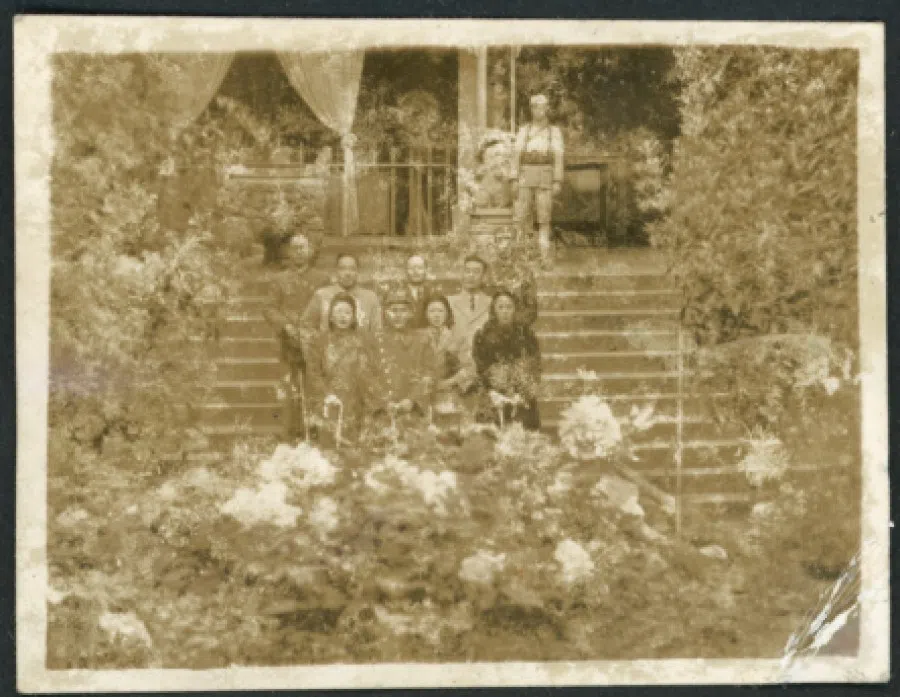
In 1937, Bai Chongxi flew to Nanjing to join the war against Japan.
The Bai clan stayed in their ancestral home in Guilin. Even with their prominent status, they all lived in an old mansion near the Tiefo Temple (铁佛寺, Metal Buddha Temple). The place was covered in moss, infested with centipedes, and there were even supernatural incidents at night - but it was close to air raid shelters, making it easy to take cover from Japanese bombings. At that time, the two eldest boys Bai Xiandao and Bai Xiande loved riding their bicycles to play in the new houses on Dongzhen Road.
Even as an infant, Bai Xianyong was carried by a nursemaid and they followed behind.
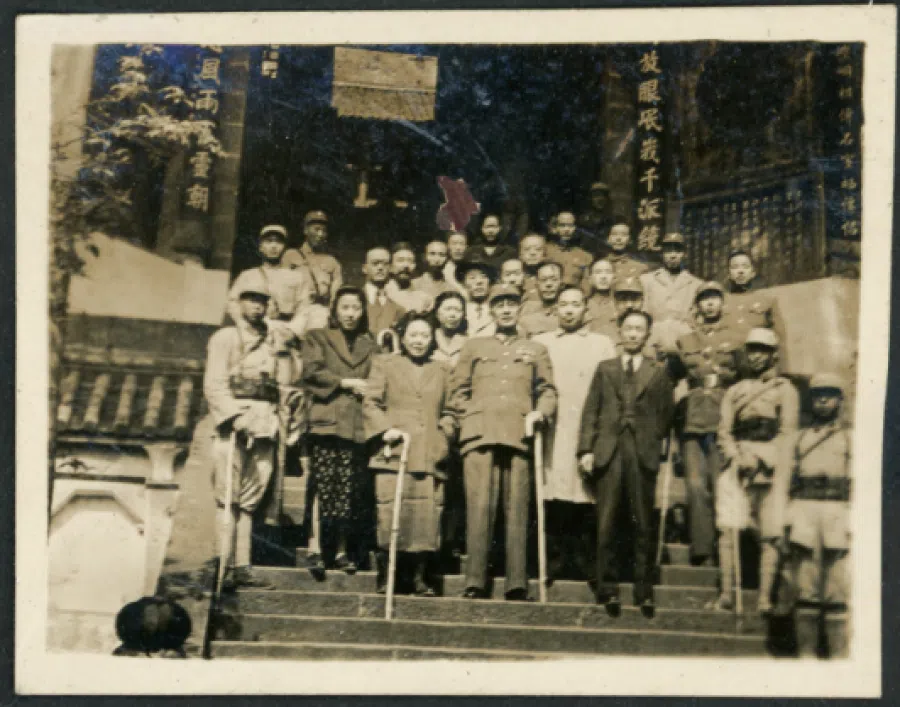
When Bai Xianyong was around five or six years old, the whole family went to Shanwei Village. Along the way, Bai Chongxi taught the siblings to sing Man Jiang Hong (满江红) by Song dynasty general Yue Fei, which was the only song he knew:
"My wrath bristles through my helmet, the rain stops as I stand by the rail..." (怒发冲冠,凭栏处,潇潇雨歇)
The children were too young to understand their father's intentions, and sang lustily. Amid foreign invasion, continuous warfare, and the tough resistance against Japan, teaching his children to sing Man Jiang Hong was a sad, grandiose gesture.
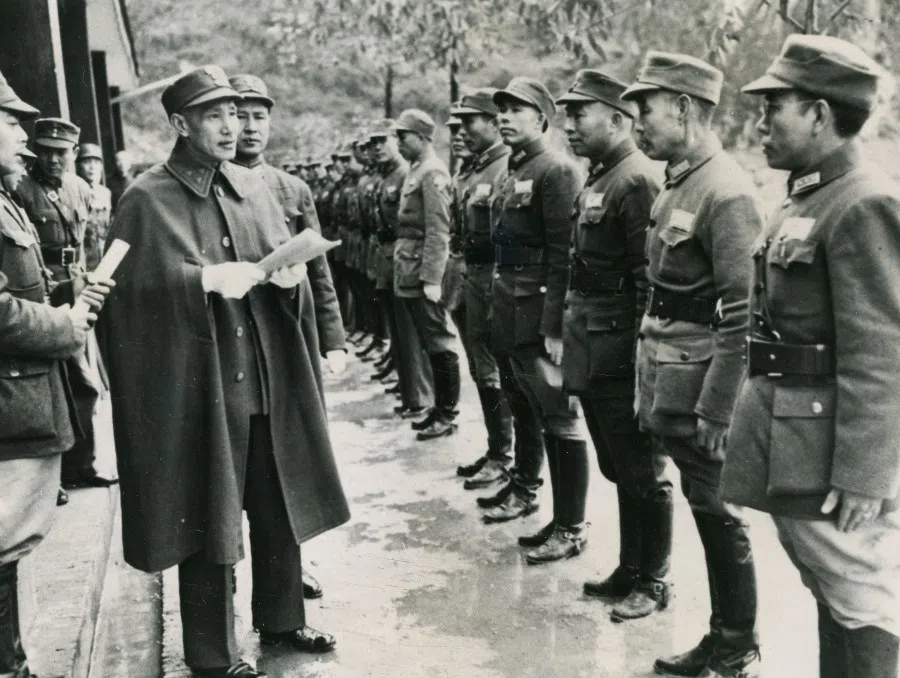
The Battle of Guilin-Liuzhou
In 1944, as the war escalated and the Japanese forces approached Guangxi, Bai Chongxi commanded the Battle of Guilin-Liuzhou, defending Guilin through scorched-earth tactics. He resolutely led fewer than 20,000 Guangxi soldiers, forming suicide squads carrying explosives, effectively holding back the well-equipped 150,000 Japanese troops. In the end, with only a little over 800 defending soldiers left, they retreated and made a last stand in the Seven Star Cave. The Japanese army used poison gas and set fire, and all 800 brave soldiers perished as Guilin fell.
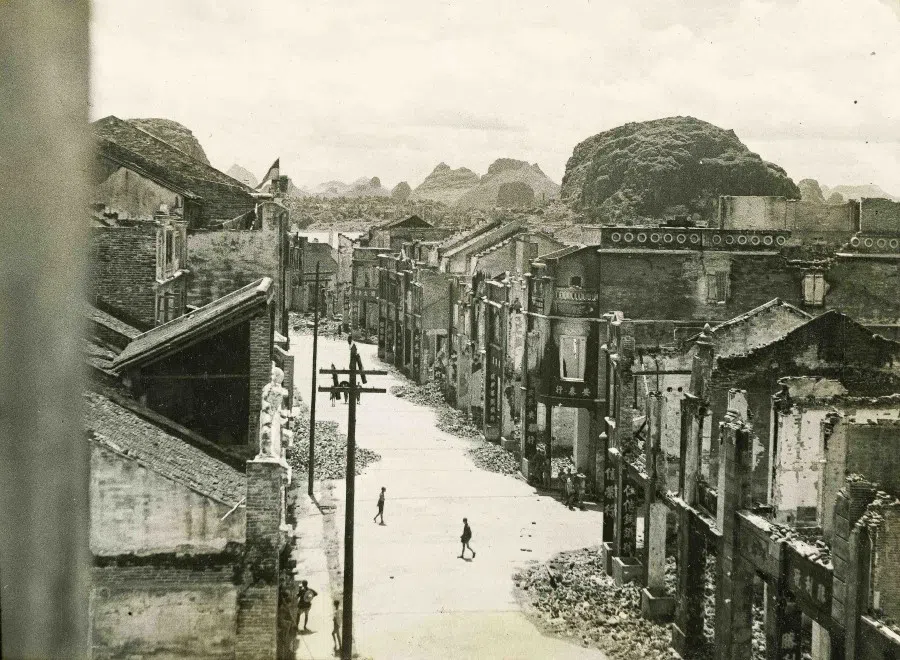
On the train leaving Guilin, the Bai brothers looked back to see the hometown where they had grown up engulfed in smoke and flames, with no building left intact. It was the most devastating calamity the ancient city had ever experienced. The entire city was destroyed by a single torch.
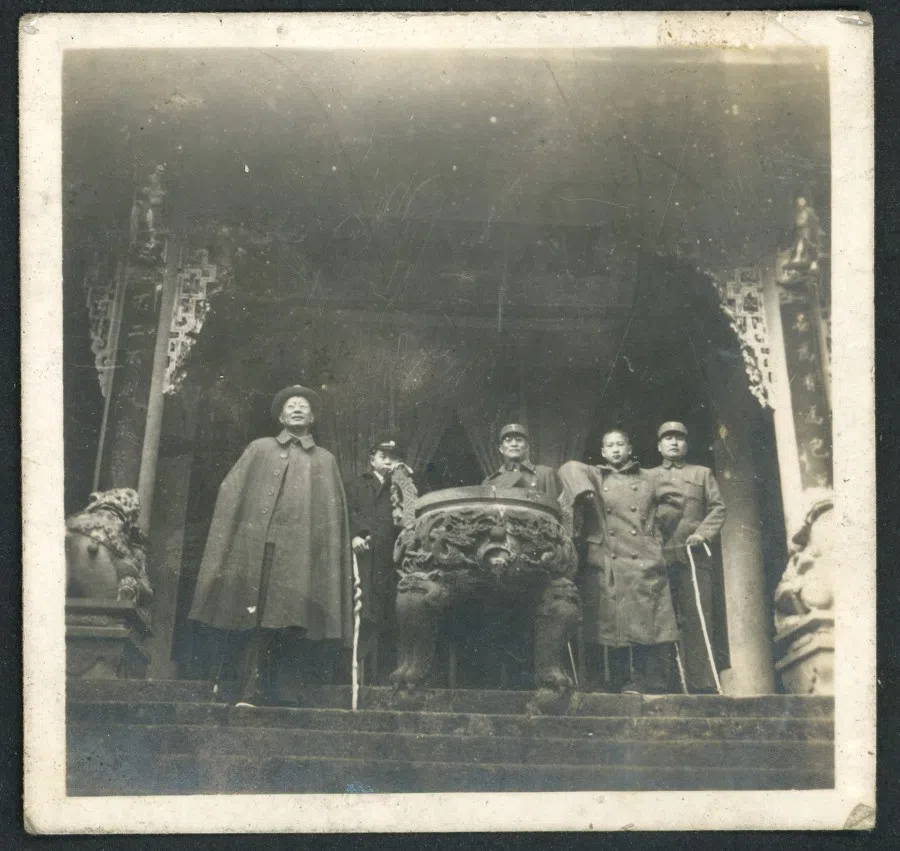
After retreating to Chongqing, Bai Xiandao occasionally accompanied his father on trips, wearing his father's military coat and leaning against the incense burner with his hand on his waist, imitating his father's pose.
"After thirty years of service, my deeds are nothing but dust, my journey has taken me over eight thousand li." (三十功名尘与土,八千里路云和月)
He couldn't understand why his father, whose name was as high as the heavens, had aged in an instant.
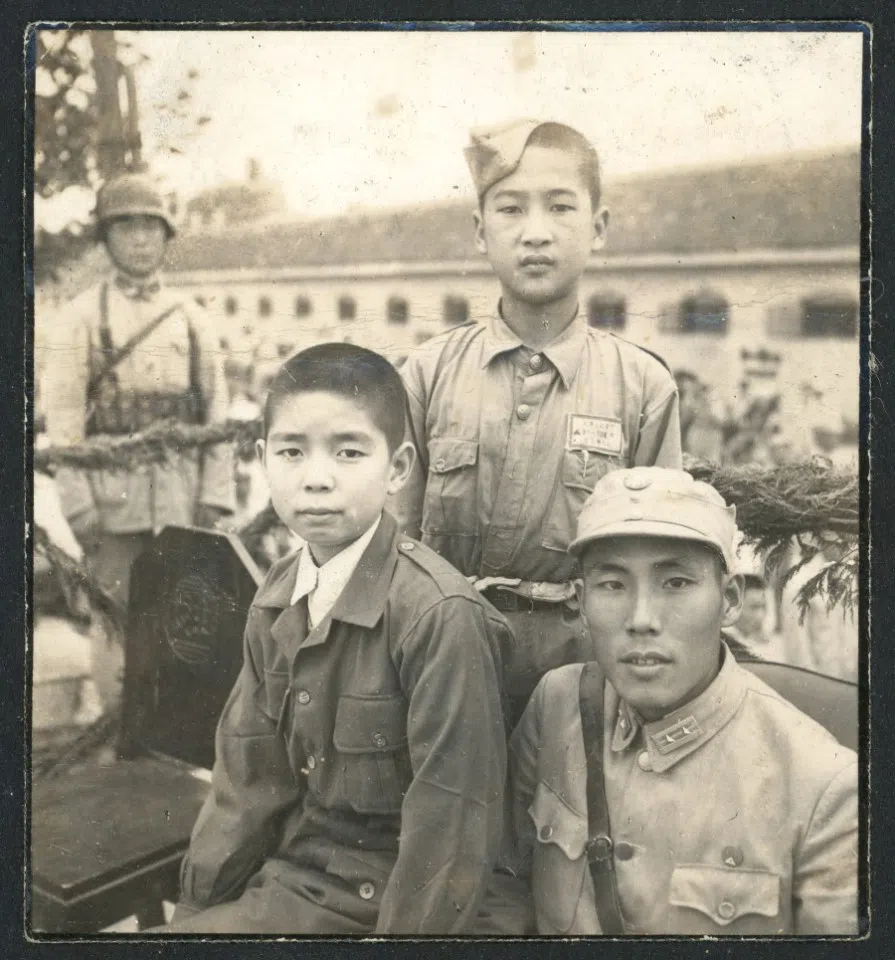
Bai Xiandao grew up amid heavy bombing, witnessing his hometown being destroyed. He, more than anyone, hated the Japanese who dropped those bombs, and so he aspired to become an ace pilot, fighting in the vast sky. His father sent him to an aviation school established during the resistance war in Sichuan, only for Japan to surrender just as he was about to graduate.
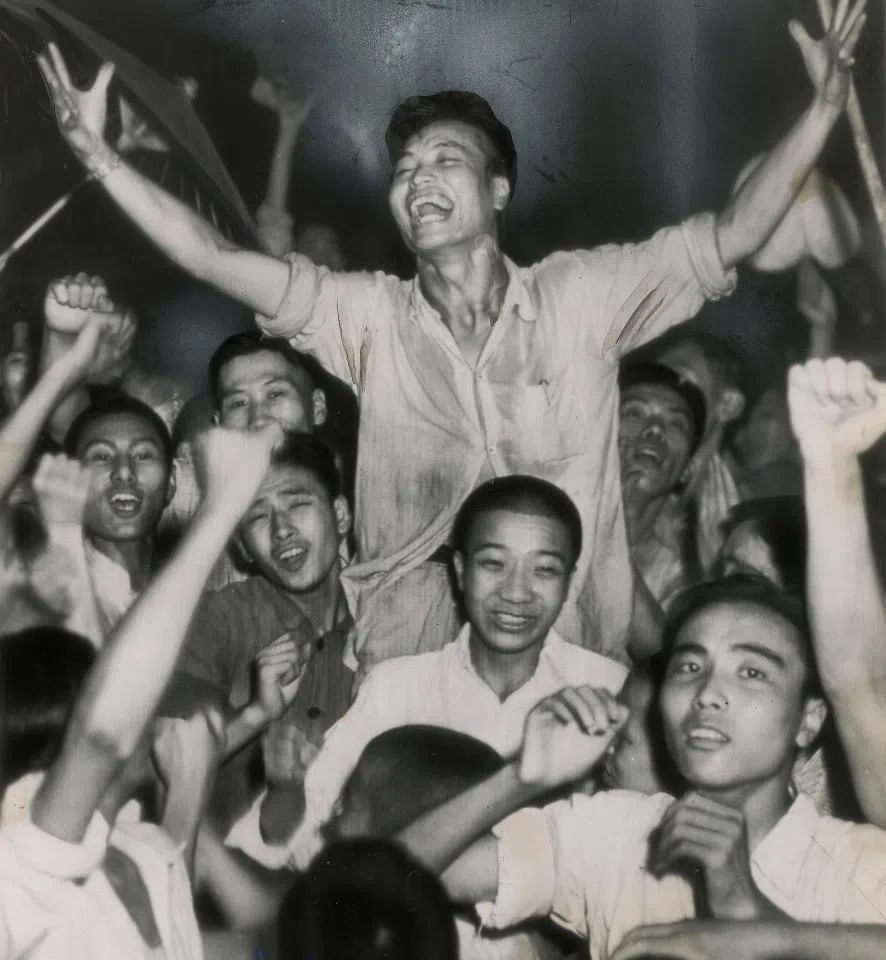
That night, the Bai brothers were eating watermelon in the courtyard when they suddenly heard the broadcaster shout at the top of his lungs: "Japan has surrendered!" Firecrackers resounded throughout Chongqing, and the celebrations went on through the night.
Rare family photo in Nanjing
But even with the end of the war, Bai Chongxi and his family couldn't go back to live in their beloved ancestral home in Guilin.
Bai Chongxi spent half his life in the military, and it echoed through the 20 years from the Northern Expedition to victory in the war. Much had happened in that time before the whole family finally reunited and sat down for this family photo taken in Nanjing in 1946, coinciding with the ninth anniversary of the Marco Polo Bridge incident.
Bai Chongxi seemed happy to gather his wife and ten children for the photo, because he knew that it was a luxury for the whole family to be together in wartime. This is also the only family photo where all ten siblings are gathered together.
That same year, Bai Xianzhi went to study abroad in the US; little did she know she would not see her father again until 12 years later.
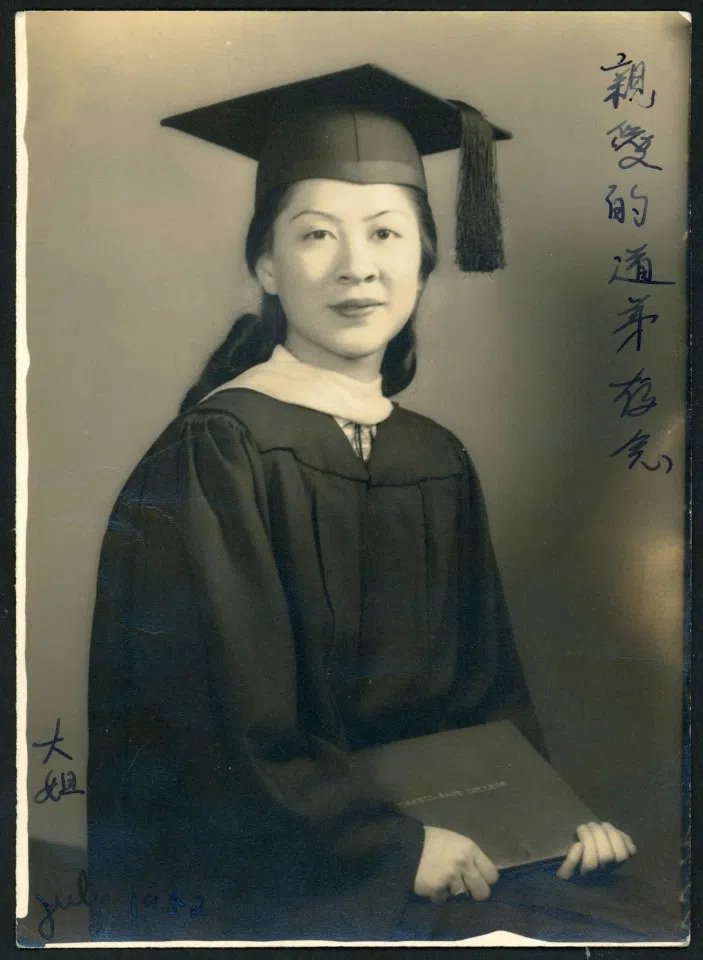
Soon, the civil war broke out, and the Bai family left Nanjing and travelled through Shanghai, Hong Kong, and Taiwan. Bai Chongxi never saw his homeland again.
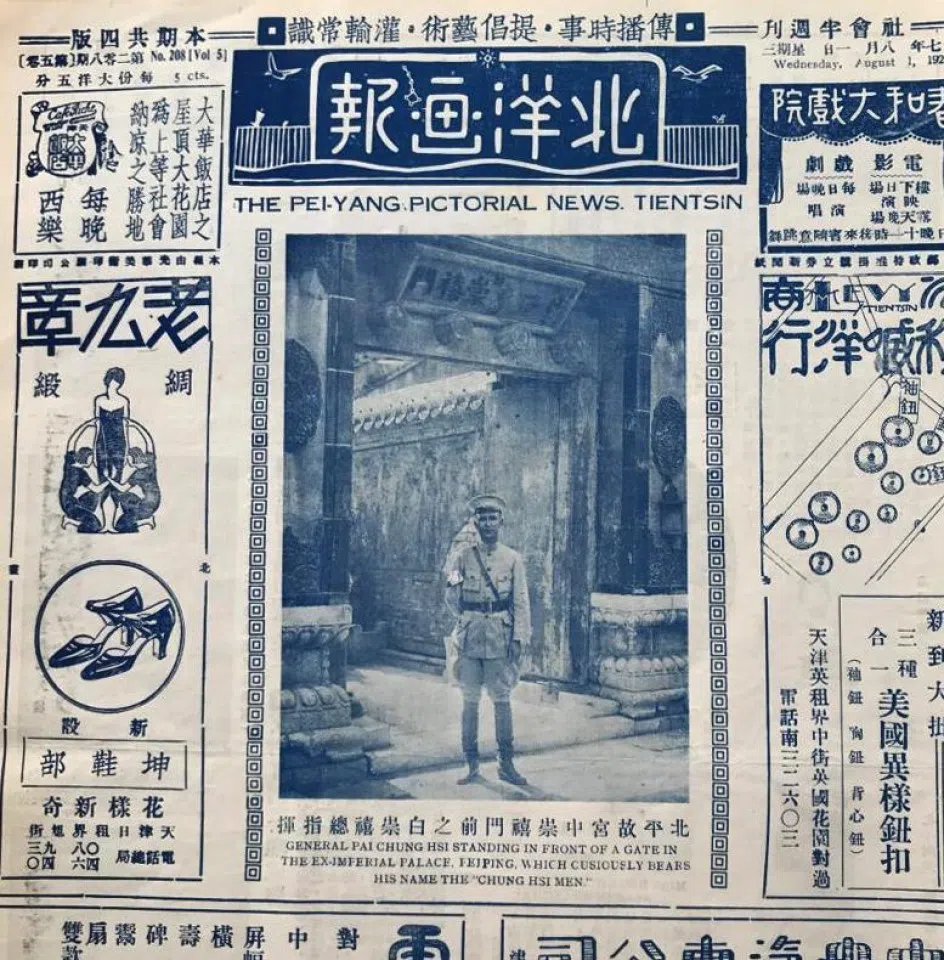
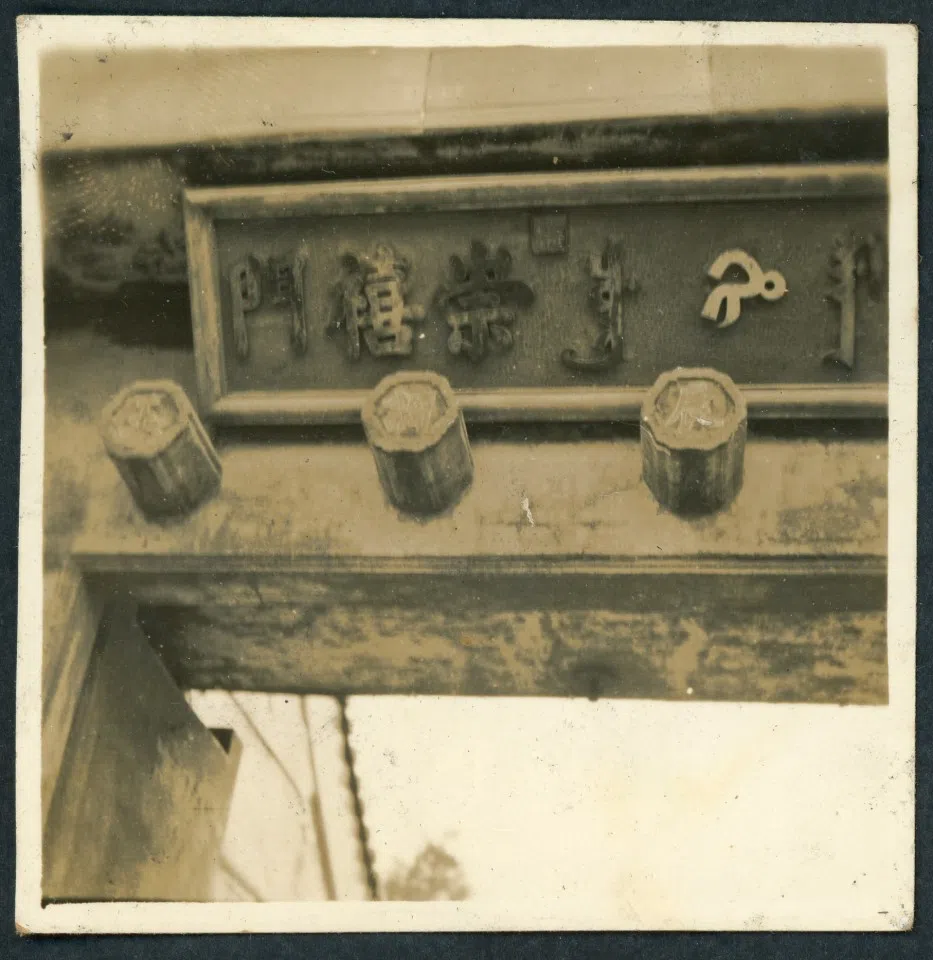
Before leaving mainland China, Bai Xiandao retraced his father's footsteps from 1928 and went to the Forbidden City in Beijing, and found the Chongxi Gate that bears the same name as his father.
When Bai Xiandao took this picture at the Chongxi Gate, was he thinking of his father's previous dashing appearance, or sighing at withered trees and ageing heroes?
His father had grown old.
Starting anew in Taiwan
After moving to Taiwan, Bai Chongxi was marginalised, which turned out to be a blessing in disguise, as he finally had plenty of time to spend with his family. He told his children that they could speak any language outside, but once they returned home, they must speak the Guilin dialect.
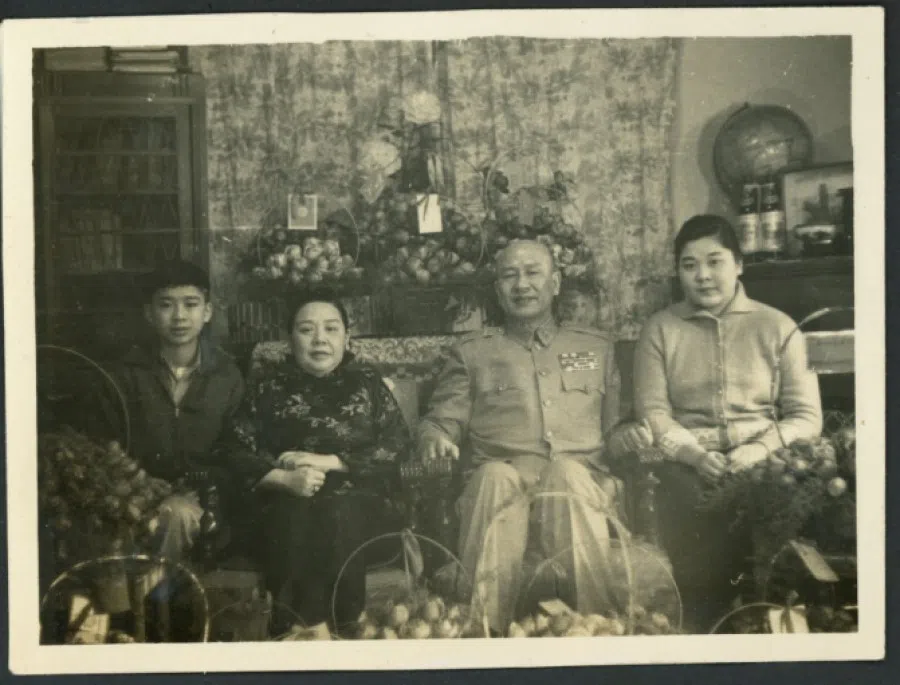
In December 1962, Ma Peizhang died unexpectedly during surgery. On hearing this devastating news, this seasoned general was totally lost, like he had lost a piece of his heart and the sky had collapsed.
He aged in an instant, often seemingly searching for something he had lost.
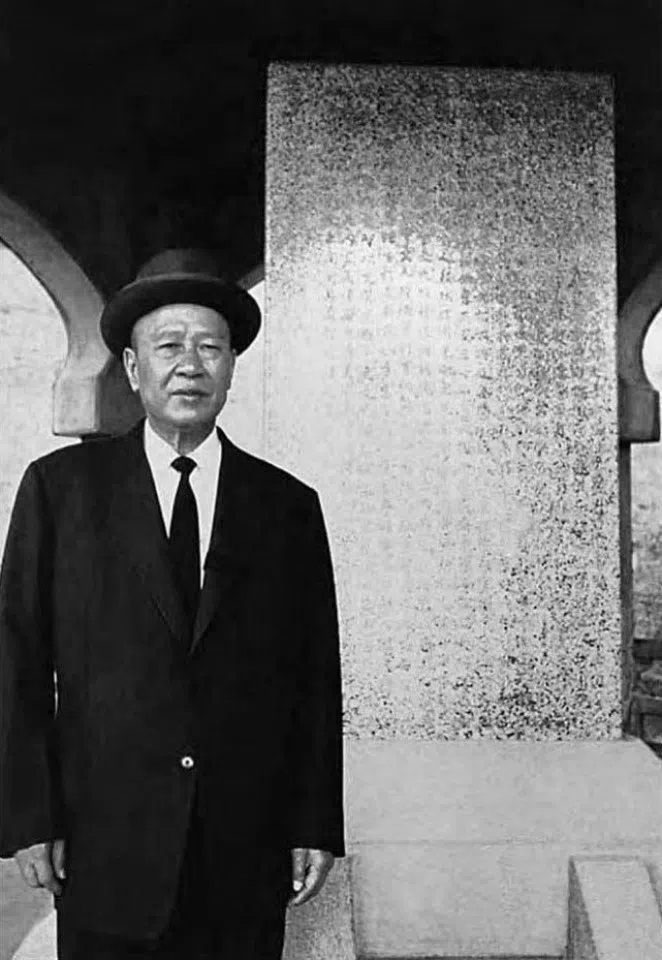
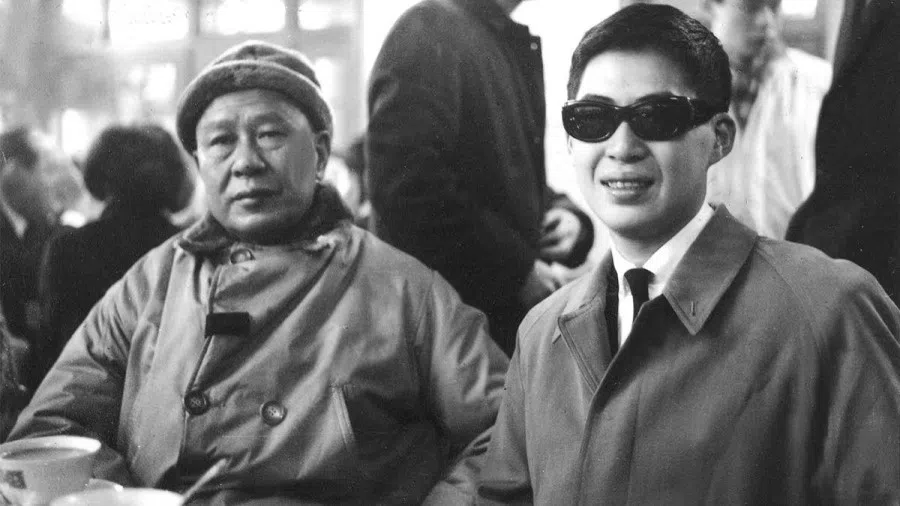
A few months later, Bai Xianyong went to the US to study, and Bai Chongxi saw him off at Songshan Airport. That day, his usually strong, stoic father stood beneath the gangway in the cold wind, tears lining his face. Little did they know that this parting would be forever. This is also the last photo of Bai Xianyong with his father.
Recalling that day, Bai Xianyong said: "I saw him feeling very lonely."
On 2 December 1966, Bai Chongxi passed away at home. He is buried in Taipei's Hui-Min Public Cemetery; his tomb faces the mainland, overlooking his ancestral home.
Homecoming
In 1986, Bai Xianhui disguised herself and returned to mainland China. When leaving their hometown in Guangxi, she carried a particularly heavy piece of luggage. The weigh-in attendant asked: "What's inside?"
She replied: "It's soil from Guilin and stones from the Li River."
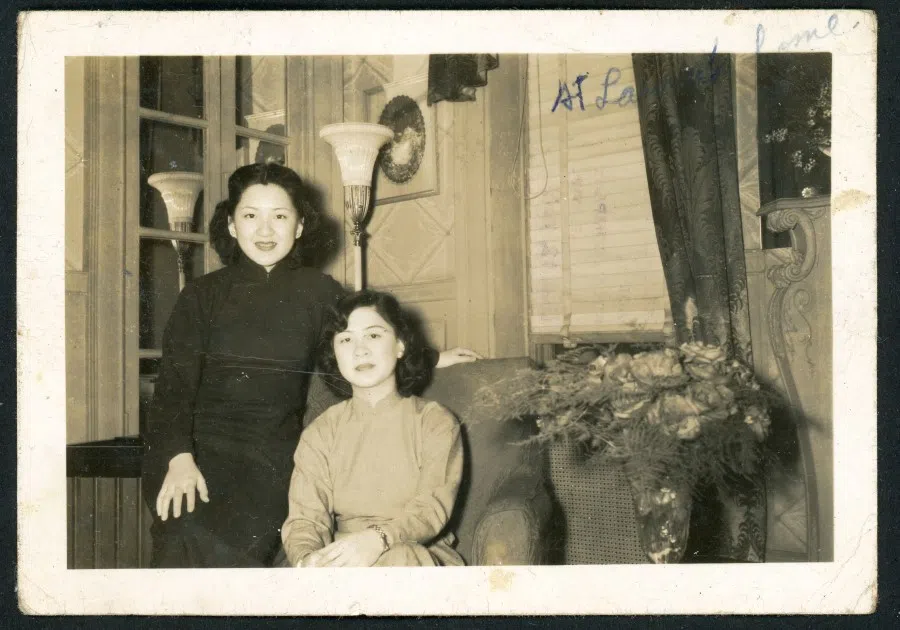
It was their father's wish.
The following year, Bai Xianyong also returned to mainland China. He did not disguise himself, because he knew that this land had already embraced his family. Reflecting on the vicissitudes and coldness of history, Bai Xianyong wrote:
"A life as solid as steel, like my father's, And that turbulent and magnificent era, In an instant, Disappeared like smoke, Becoming the past."
"像父亲那样钢铁坚实的生命, 以及他那个大起大落、 轰轰烈烈的时代, 转瞬间, 竟也烟消云散 成为过去。"
